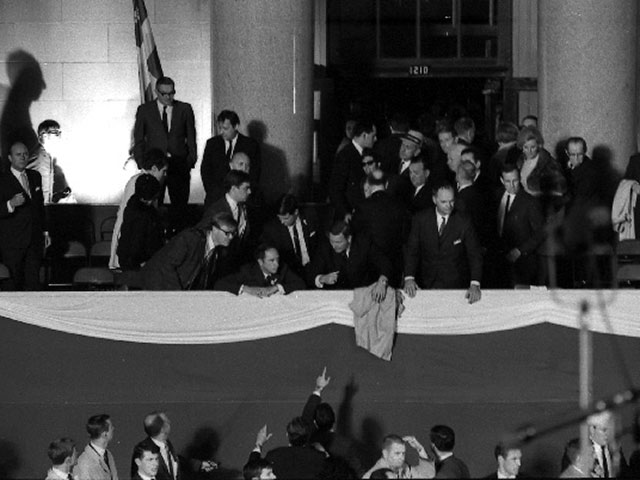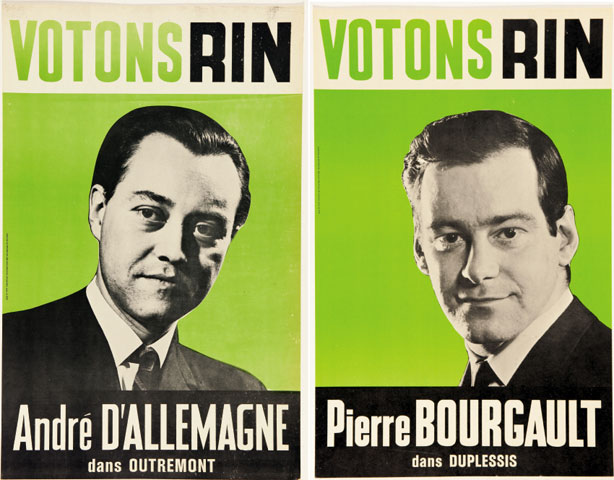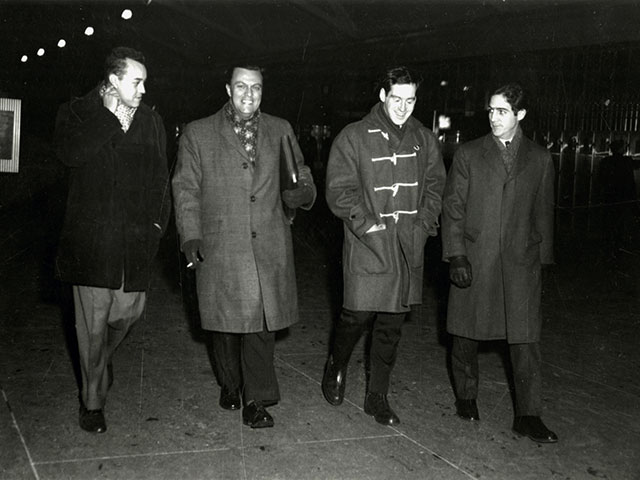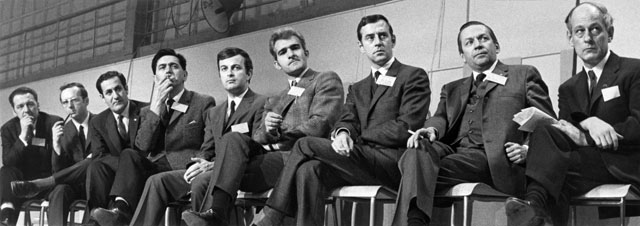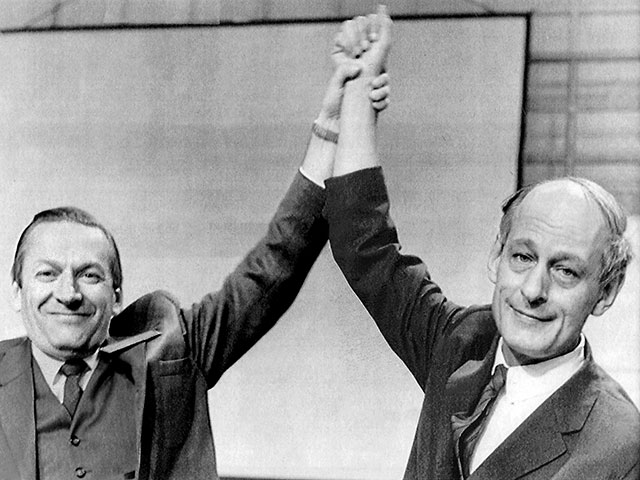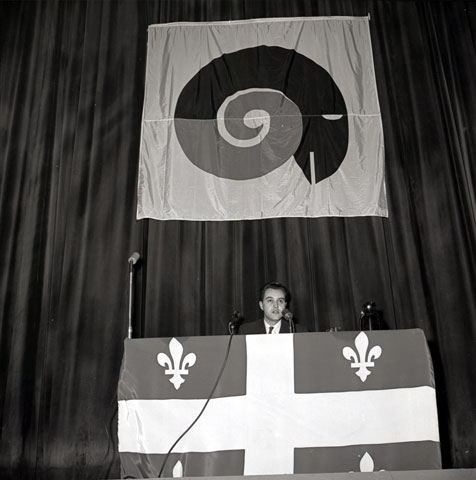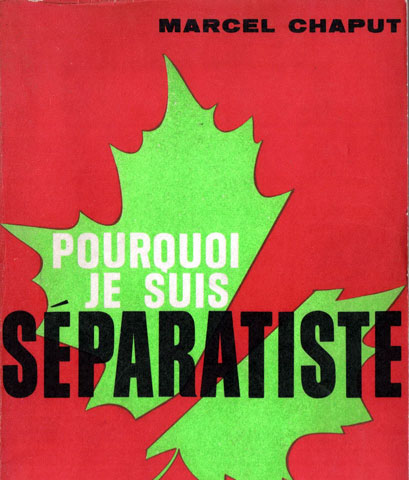Secondary Navigation Menu
Home > Events > The Affirmation of Quebec > The Emergence of the Sovereignty Movement (INR
For correct page displaying:
- You must activate JavaScript
- And/Or install the Adobe Flash Player plugin
Download video (3 minutes 48 seconds, 22.8 MB)
Accessible version of the video
The Emergence of the Sovereignty Movement
The Fight for Quebec's Independence
The roots of the "indépendantiste" or sovereignist project run deep in the history of Quebec. Some ascribe its beginnings to the Rebellions of 1837-1838; others to three-quarters of a century earlier during the Conquest of 1760. Under the influence of the new Quebec nationalism that emerged in the post-war period, the decolonization that took place in several parts of the world and the anti-colonialist writings of Frantz Fanon, Jacques Berque and Albert Memmi, which echoed favourably in Quebec, the sovereignty movement began to take shape in the 1950s and 1960s.
The Proliferation of Sovereignist Organizations
The earliest manifestation appeared when Raymond Barbeau, a French professor at the École des hautes études commerciales, created the Alliance laurentienne in 1957. The Alliance advocated the independence of Quebec and the establishment of a state with fascist overtones in more than one respect. In 1960, the Action socialiste pour l'indépendance du Québec was born. In addition to independence, the group recommended a socialist Quebec. In 1960 also, the Rassemblement pour l'indépendance nationale (RIN) was founded for the purpose of one single goal: to promote Quebec's independence. It became a political party in 1963. In the meantime, in 1962, one of the founders of the RIN, Marcel Chaput, formed a new political party known as the Parti républicain du Québec (PRQ), bringing together the more radical elements of the RIN. Another split occurred within the RIN in 1964 with the establishment of the Ralliement national (RN). In addition to the most right-wing militants of the RIN, the RN was also the rallying point for Quebec members of the Ralliement créditiste.
Origins of the Parti Québécois
Most of these indépendantiste movements slipped away over the years. Some were absorbed by the Mouvement souveraineté-association (MSA), which emerged the day after René Lévesque left the Liberal Party in 1967. Such was the case with the RN and the RIN in 1968. This was also the year that the MSA became a political party, the Parti québécois, with René Lévesque as leader. Sociologist Marcel Rioux was correct when he wrote that the Parti québécois achieved the unity of all the "indépendantiste" parties.
Related events
- Beginnings
- Vive le Quebec libre
- The Front de Liberation du Quebec
- The Era of Chansonniers
- Literature in Quebec
- Epilogue



